#Snow White and the Seven Dwarfs
Text

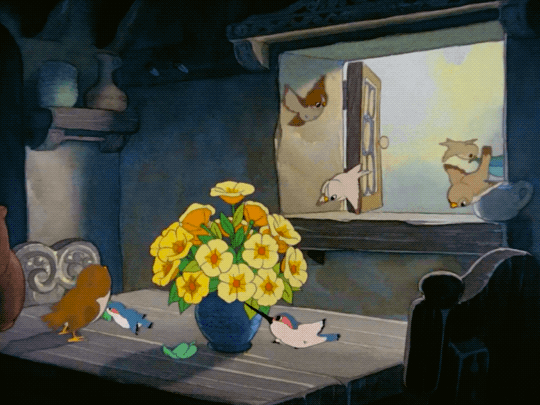
Snow White and the Seven Dwarfs (1937)
#snow white and the seven dwarfs#disney#disneyedit#Snow White#snow white and the 7 dwarfs#disneyclassics#myownpost
128 notes
·
View notes
Note
I know you have kind of commented on this topic in one of your posts, but what do you think of the fact that Tolkien hated Disney and thought of Walt as a "con-artist" (if I remember correctly) because of how much would be changed? Even though I very much love Disney movies, considering how Tolkien studied mythology, folklore and history from other cultures in-depth, particularly those of European background, I do understand why he was not fond Walt's work at all if we view it from his perspective. Other people seem to share a similar sentiment. I ask you because you often analyze Disney movies and their themes quite in-depth. This whole thing is interesting.
Well, I'll preface by saying I'm not much of a Tolkien apologist. I don't connect with him or his mentality as well as I might flatter myself by saying I do C.S. Lewis' mentality. C. S. Lewis had this beautiful way of blending genuine good-faith enjoyment of something and careful, intentional critical thinking. He could be a reasonable analyzer of media, and a childlike consumer of media, at the same time. Don't know if I've mastered that myself, or if I ever will, but I really admire it.
Which is besides the point, sorry! 😂
But Tolkien was different. First off, Tolkien said some things about interpreting the meaning of his own stories that I don't agree with. He keeps insisting he wasn't trying to "say" anything with Lord of the Rings, or infuse it with any particular "meaning." Truth of the matter is, though, that is not true of any good storyteller. What they believe about the world bleeds into what they create, if they're creating genuinely. So Lord of the Rings is about how small decisions matter, doing what you can with what you're given instead of trying to control everything matters—whether Tolkien likes it or not, whether he was always conscious of it or not, that's what his story says.
He also criticized weird things to criticize about Lewis' works. For someone who was Lewis' friend, I don't know how he could've looked at what Lewis was writing and been surprised, or disgruntled, at the hodgepodge of mythology in works like Narnia. I don't know what made him think a "children's story" would feel like anything other than...made for children.
But anyway. All that to say, I don't always agree with Tolkien, or feel like I understand him. His response to Disney movies is just one of those things I don't get. I can speculate, but I don't know.
Like I said, I think he was so used to thinking of fairy tales and literature in a way that is much...higher, and more layered, than how the everyday layman thought of them, that when a Kansas cartoonist started retelling fairytales without any apparent grasp of that layering, it really rubbed him the wrong way.
I guess it would be like if someone came along twenty years from now, pointed at Disney's The Little Mermaid, and said, "look! A cartoon about fish! I'm going to make an TikTok dance about fish and call it 'The Little Mermaid,' and retell it that way!"
First of all we'd be like "IT'S ABOUT SO MUCH MORE THAN FISH, it's not just an CARTOON, are you BLIND?!" And then secondly we'd probably go, "and what? A TikTok dance?! Are you kidding me? You want to take this beautiful pillar of traditional animation and living color and musical mastery and drag it down to the level of middle school girls flapping their hands around cringily??"
That's probably how Tolkien felt Disney was treating Snow White and the Seven Dwarfs. Because back then, the medium (TikTok dances, animation) was just associated with sort of lowbrow humor and silliness. Walt was still inventing the whole "animated film to be taken seriously" thing. And back then, Tolkien would've seen the comedy characters of the Dwarfs and their character development as very shallow in comparison to the mythos of Dwarfs in literary and oral-tradition history. He had the most background knowledge. So what he was comparing Walt's movies to was, for him, like comparing grape Gatorade to aged Italian Wine.
As far as Disney being a "con artist..." yeah, I think that's a little bit of a stretch. He was definitely selling something, but if you can look at Walt Disney's life and see dollar bill signs, instead of a guy who genuinely made what he liked because he liked it, you don't know much about Walt Disney. He didn't adapt fairy tales because he thought they could make him money. He adapted fairy tales because he adored them, just like he had a train in his backyard because he adored them. Ask his brother Roy how much Walter "Let's Invent Smell-O-Vision and Drop Flowers on the Audience of Fantasia" Disney was thinking about exploiting the public for financial gain.
Like I said, Tolkien was responding to Walt Disney because he was Tolkien, and it would've been like asking a Bird to relate to a Krill. They were way too different to ever understand each other on the level that either of them preferred being understood at.
#Tolkien#Disney#Walt Disney#j. r. r. tolkien#c. S. Lewis#Barbie#Narnia#lord of the rings#lotr#Snow White and the seven dwarfs
23 notes
·
View notes
Text


Concept art for Snow White and the Seven Dwarfs by a Disney studio artist (c. 1936)
#disney#snow white and the seven dwarfs#concept art#animation#disney animation#snow white#character design#costume design#character designs#art#animation art#artwork#illustration#vintage disney#vintage illustration#disney concept art
5K notes
·
View notes
Photo

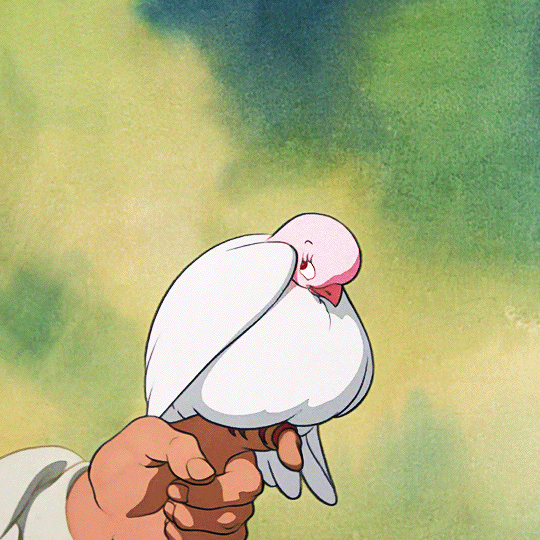
Snow White and the Seven Dwarfs (1937) dir. David Hand.
#snow white and the seven dwarfs#disneydaily#disneyedit#fyeahdisney#disneynetwork#disneyfeverdaily#moviegifs#filmgifs#cinematv#cinemapix#chewieblog#animationsource#animationedit#animationsdaily#gif#*#1k
2K notes
·
View notes
Text
Rachel Zeglar: I’m gonna be the first Snow White who is not going to be a damsel in distress dreaming about true love and instead she’ll learn to become a fighter and a great leader for her kingdom! No one’s ever done an independent Snow White before!
Me:
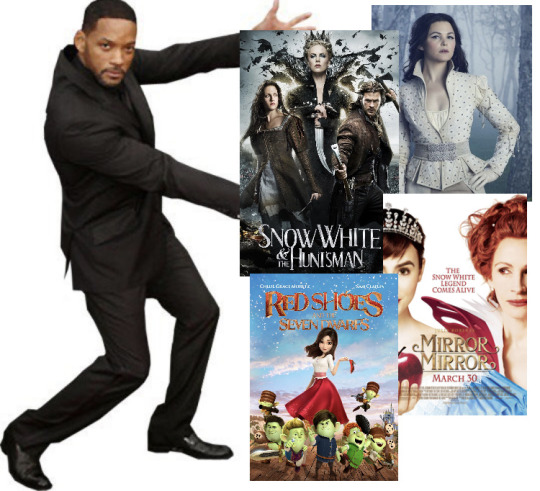
#and guess what?#these versions of Snow White got to be a badass AND find true love#YOU CAN DO BOTH DISNEY#mirror mirror is my personal favorite version#snow white#snow white and the seven dwarfs#mirror mirror#snow white and the huntsman#red shoes and the seven dwarfs#once upon a time#Disney
8K notes
·
View notes
Text
Here are three eras of Disney.

The Beginning (Snow White), the Renaissance (Mulan) and Modern Times (Asha).
#Eilonwy and Lady Merian are also here!#disney#once upon a studio#disney princesses#wish#snow white and the seven dwarfs#snow white#mulan#asha#disney 100
3K notes
·
View notes
Text
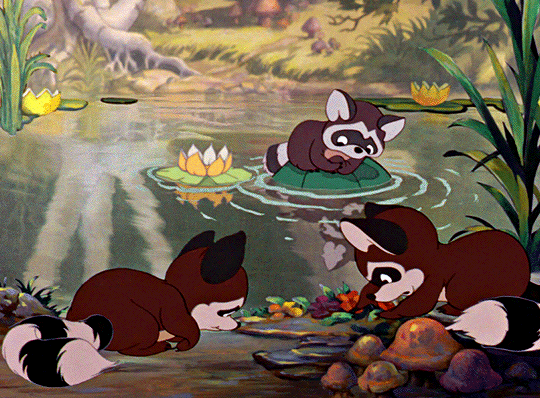
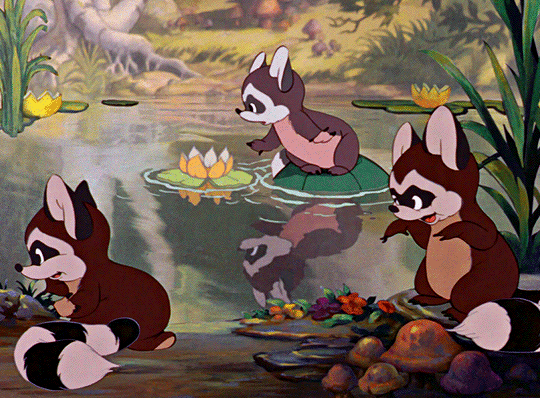
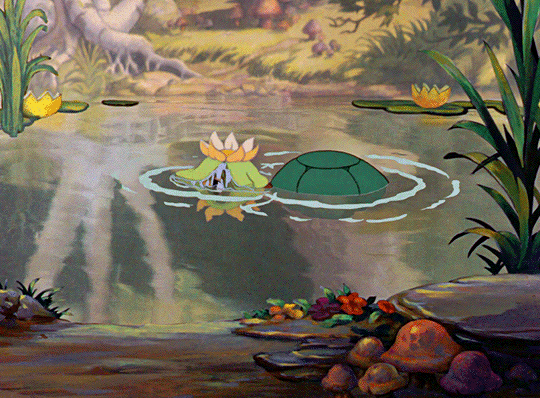

Snow White and the Seven Dwarfs (1937) dir. David Hand
#animationedit#disneyedit#filmedit#Snow White and the Seven Dwarfs#by mnie#Disney#classicfilmsource#disneynetwork#disneyfeverdaily#fyeahdisney#disneydaily
2K notes
·
View notes
Text

#snow white#polyamory#polycule#snow white and the seven dwarfs#twitter#meme#memes#tweets#tweet#funny#lol#humor
2K notes
·
View notes
Text





Art by Gustaf Tenggren
#Gustaf Tenggren#snow white and the seven dwarfs#snow white#prince charming#dopey#doc#bashful#happy#grumpy#sneezy#sleepy#concept art#disney#disneyedit#disney edit#capturingdisney#*
2K notes
·
View notes
Photo



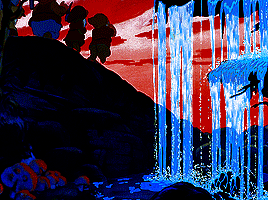

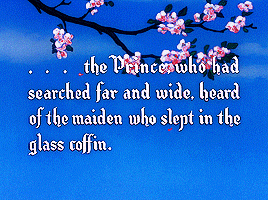
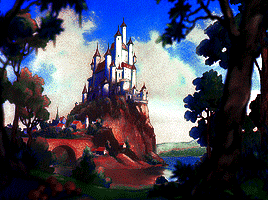

Magic mirror on the wall, who is the fairest one of all?
Snow White and the Seven Dwarfs (1937)
#filmgifs#moviegifs#usergina#disneyedit#disneygifsdaily#ruinedchildhood#dailyflicks#animationedit#animationsdaily#fyeahdisney#userrobin#chewieblog#disneyfeverdaily#filmedit#coloredit#userstream#snow white and the seven dwarfs#*gif#1k
4K notes
·
View notes
Text
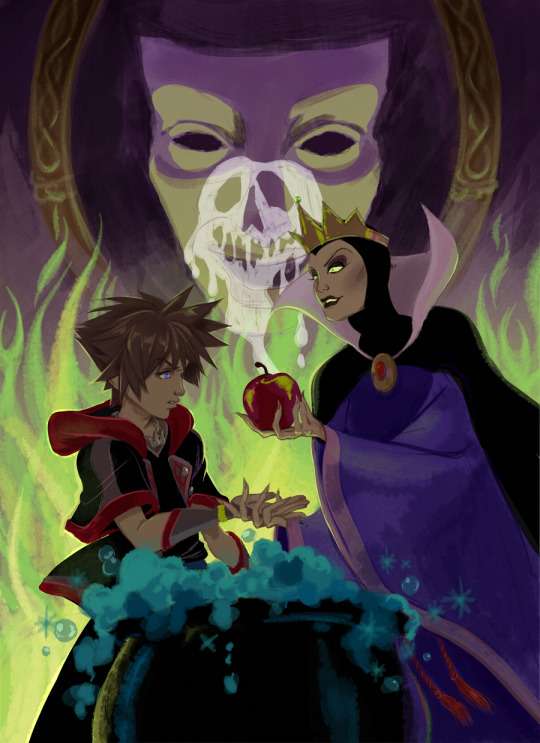
₊‧.°.⋆˚₊‧⋆.₊~ “Go on, have a bite.” ~ ‧.°.⋆˚₊‧⋆.
#kingdom hearts#kh#kh sora#sora#queen grimhilde#grimhilde#snow white#snow white and the seven dwarfs#halloween#my art
3K notes
·
View notes
Photo
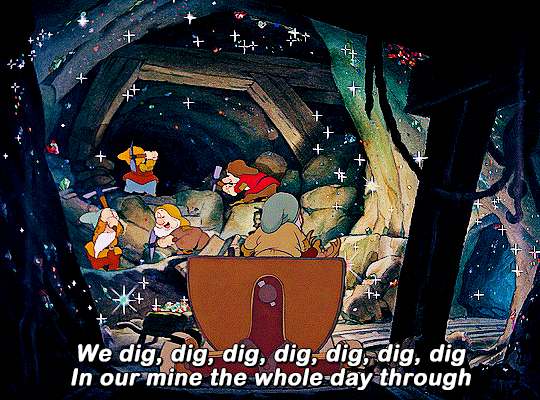
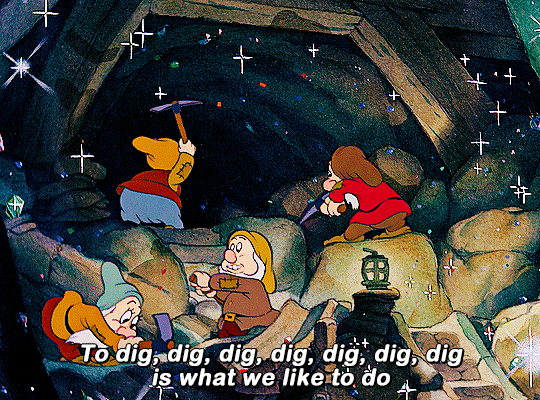

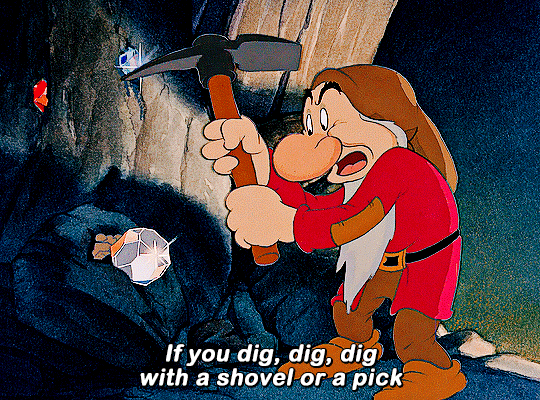


Snow White and the Seven Dwarfs (1937) dir. David Hand
#snow white and the seven dwarfs#swatsdedit#disney#disneyedit#disneyfeverdaily#animationsdaily#userrobin#usersugar#userdiana#userteri#arthurpendragonns#usersameera#usereevee#tuserpris#usermandie#useraurore#userlynn#animationedit#filmedit#by anja#gifs#one of my faves to sing as a kid 🥰
2K notes
·
View notes
Text
I Hate How She Talks About Snow White

"People are making these jokes about ours being the PC Snow White, where it's like, yeah, it is − because it needed that. It's an 85-year-old cartoon, and our version is a refreshing story about a young woman who has a function beyond 'Someday My Prince Will Come. "
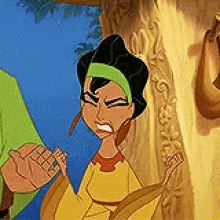
Let me tell you a little something's about that "85-year-old cartoon," miss Zegler.
It was the first-ever cel-animated feature-length full-color film. Ever. Ever. EVER. I'm worried that you're not hearing me. This movie was Disney inventing the modern animated film. Spirited Away, Into the Spider-Verse, Tangled, you don't get to have any of these without Snow White and the Seven Dwarfs (1937.)
Speaking of what you wouldn't get without this movie, it includes anime as a genre. Not just in technique (because again, nobody animated more than shorts before this movie) but in style and story. Anime, as it is now, wouldn't exist without Osamu Tezuka, "The God of Manga," who wouldn't have pioneered anime storytelling in the 1940s without having watched and learned from Snow White and the Seven Dwarfs in the 1930s. No "weeb" culture, no Princess Mononoke, no DragonBall Z, no My Hero Academia, no Demonslayer, and no Naruto without this "85-year-old cartoon."
It was praised, not just for its technical marvels, not just for its synchronized craft of sound and action, but primarily and enduringly because people felt like the characters were real. They felt more like they were watching something true to life than they did watching silent, live-action films with real actors and actresses. They couldn't believe that an animated character could make kids wet their pants as she flees, frightened, through the forest, or grown adults cry with grieving Dwarves. Consistently.
Walt Disney Studios was built on this movie. No no; you're not understanding me. Literally, the studio in Burbank, out of which has come legends of this craft of animated filmmaking, was literally built on the incredible, odds-defying, record-breaking profits of just Snow White and the Seven Dwarfs, specifically.
Speaking of record-breaking profits, this movie is the highest-grossing animated film in history. Still. TO THIS DAY. And it was made during the Great Depression.
In fact, it made four times as much money than any other film, in any other genre, released during that time period. It was actually THE highest-grossing film of all time, in any genre, until nothing less than Gone With the Wind, herself, came along to take the throne.
It was the first-ever animated movie to be selected for the National Film Registry. Actually, it was one of the first movies, period, to ever go into the registry at all. You know what else is in the NFR? The original West Side Story, the remake of which is responsible for Rachel Ziegler's widespread fame.
Walt Disney sacrificed for this movie to be invented. Literally, he took out a mortgage on his house and screened the movie to banks for loans to finish paying for it, because everyone from the media to his own wife and brother told him he was crazy to make this movie. And you want to tell me it's just an 85-year-old cartoon that needs the most meaningless of updates, with your tender 8 years in the business?
Speaking of sacrifice, this movie employed over 750 people, and they worked immeasurable hours of overtime, and invented--literally invented--so many new techniques that are still used in filmmaking today, that Walt Disney, in a move that NO OTHER STUDIO IN HOLLYWOOD was doing in the 30's, put this in the opening credits: "My sincere appreciation to the members of my staff whose loyalty and creative endeavor made possible this production." Not the end credits, like movies love to do today as a virtue-signal. The opening credits.
It's legacy endures. Your little "85-year-old cartoon" sold more than 1 million DVD copies upon re-release. Just on its first day. The Beatles quoted Snow White in one of their songs. Legacy directors call it "the greatest film ever made." Everything from Rolling Stones to the American Film Institute call this move one of the most influential masterpieces of our culture.
This movie doesn't need anything from anybody. This movie is a cultural juggernaut for America. It's a staple in the art of filmmaking--and art, in general. It is the foundation of the Walt Disney Company, of modern children's media in the West, and of modern adaptations of classical fairy tales in the West.
When you think only in the base, low, mean terms of "race" and "progressivism" you start taking things that are actually worlds-away from being in your league to judge, and you relegate them to silly ignorant phrases like "85-year-old cartoon" to explain why what you're doing is somehow better.
Sit down and be humble. Who the heck are you?
#Snow White#Snow White and the seven dwarfs#snow#snow white 1937#snow white and the seven dwarfs 1937#Snow White 2024#Rachel zegler#west side story#poc#Disney#live action Disney hate#animation history#Do not go see this movie. Do not stream this movie.#Anime#anime history
5K notes
·
View notes
Photo

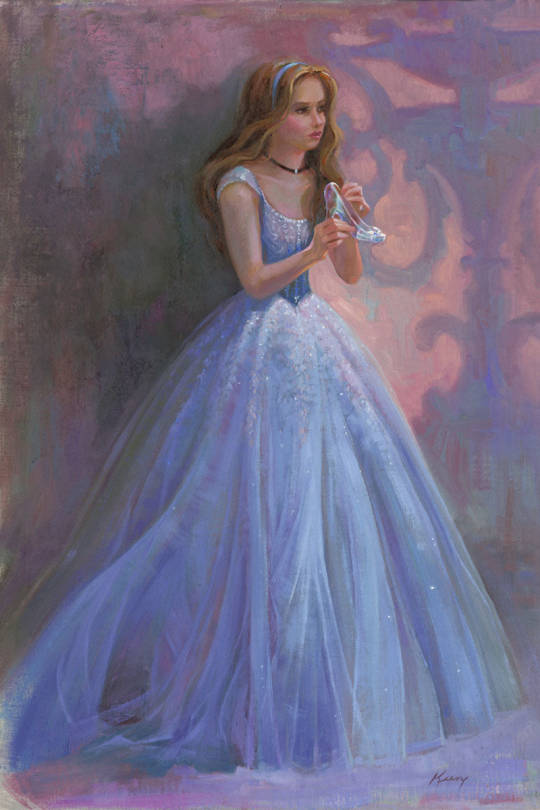
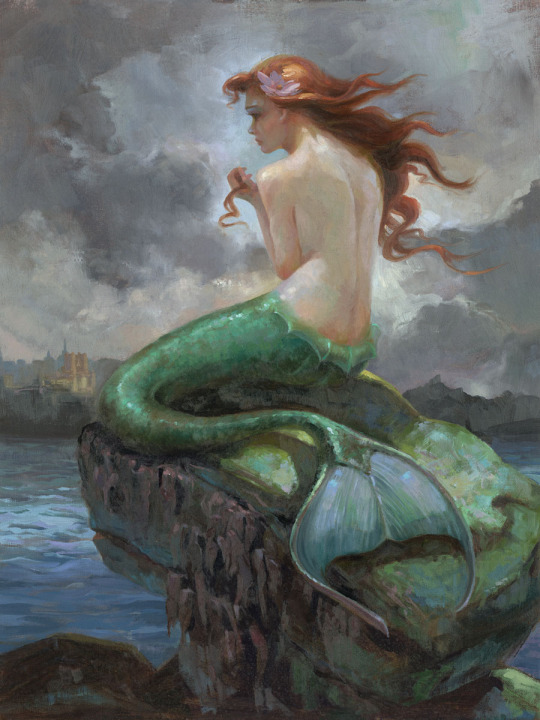
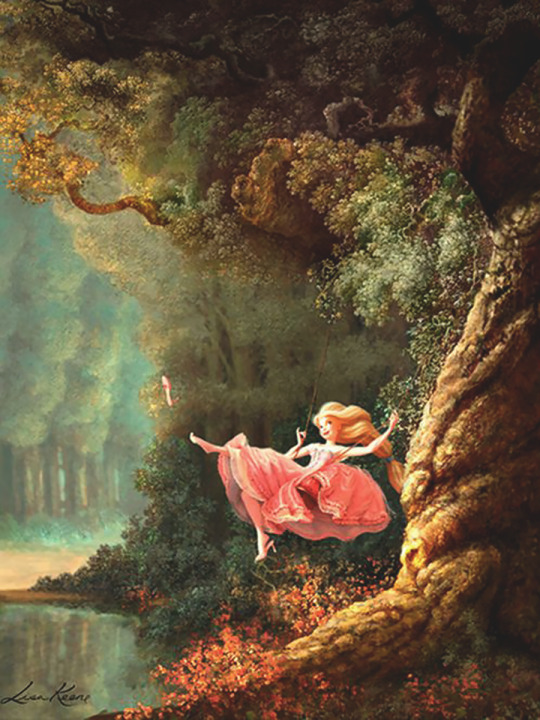
▣ 𝗗𝗶𝘀𝗻𝗲𝘆 𝗣𝗿𝗶𝗻𝗰𝗲𝘀𝘀𝗲𝘀 𝗯𝘆 𝗟𝗶𝘀𝗮 𝗞𝗲𝗲𝗻𝗲
#disney#lisa keene#snow white#cinderella#ariel#rapunzel#snow white and the seven dwarfs#the little mermaid#tangled#disney art#disney princess#disney princesses#art#artwork#illustration
10K notes
·
View notes
Photo

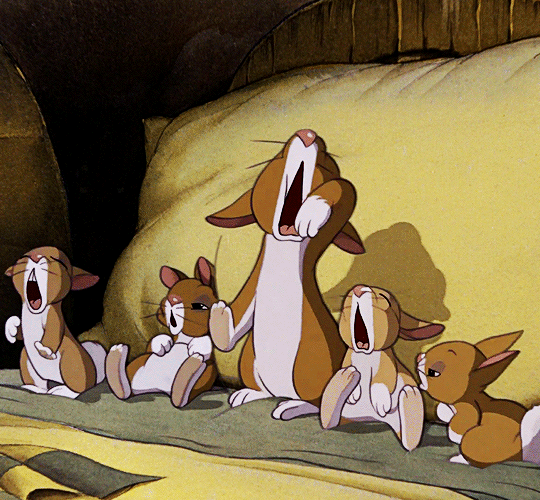
Snow White and the Seven Dwarfs (1937)
dir. David Hand.
#snow white and the seven dwarfs#fyeahdisney#disneydaily#disneyedit#disneynetwork#disneyfeverdaily#moviegifs#chewieblog#cinemapix#cinematv#filmgifs#animationsdaily#animationedit#animationsource#gif#*#1k
2K notes
·
View notes
Text
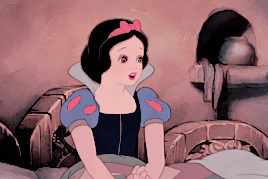
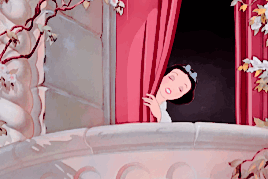
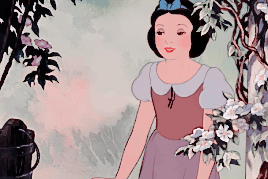
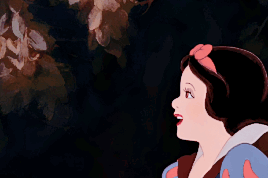

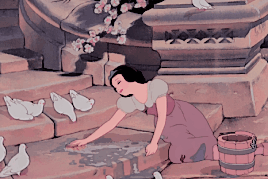
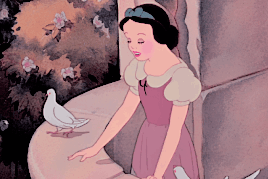
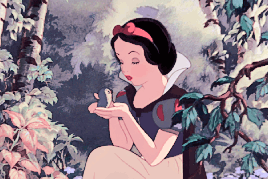
@paletmblr event xxix: disney
Famed is thy beauty, Majesty. But hold, a lovely maid I see.
Rags cannot hide her gentle grace. Alas, she is more fair than thee.
Snow White and the Seven Dwarfs (1937)
#snow white and the seven dwarfs#snow white#disney#disneyedit#filmedit#animationedit#paleanimation#edits*#paletmblr29
763 notes
·
View notes